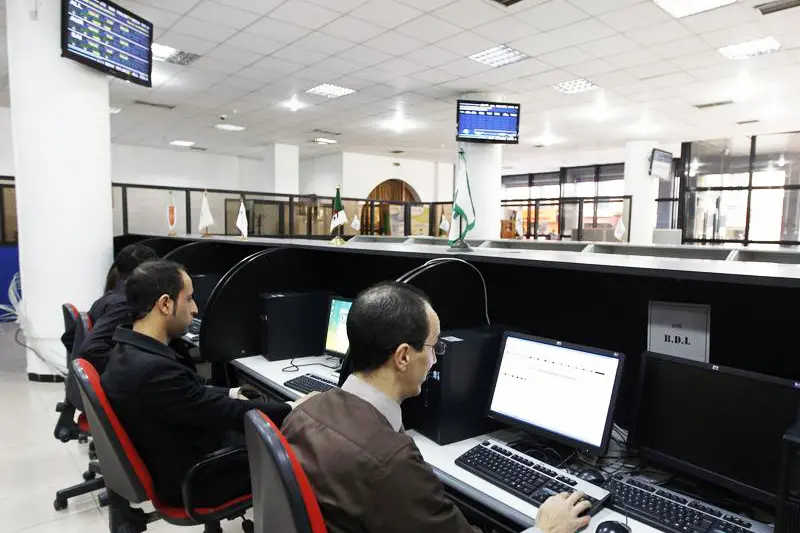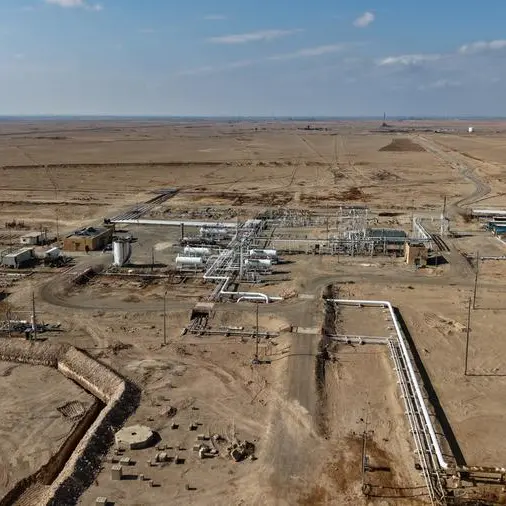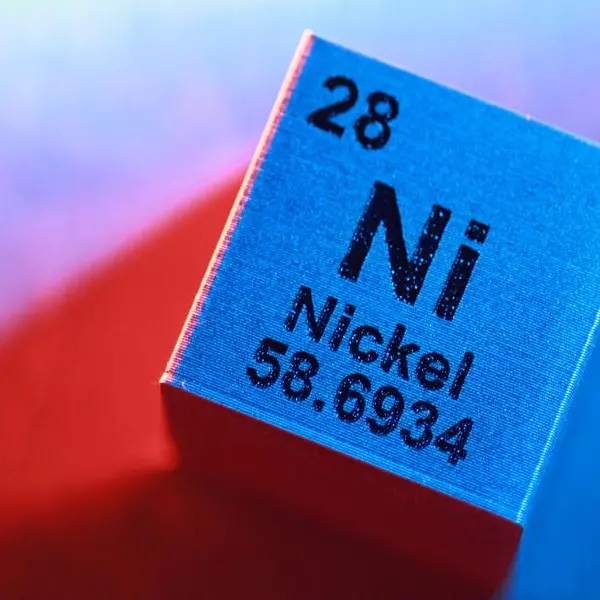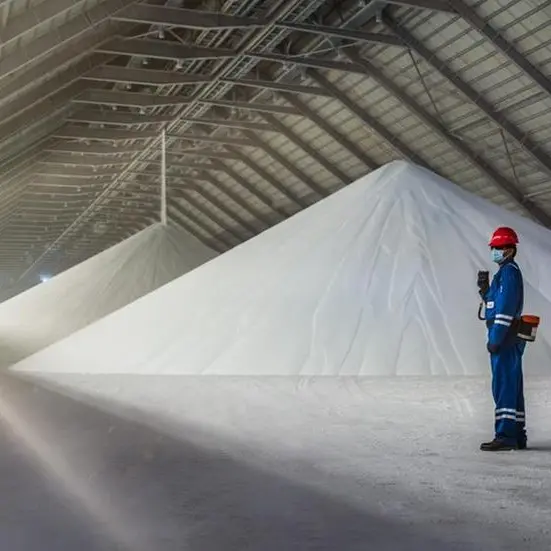PHOTO
* Fuel price hikes, new taxes in draft budget
* Subsidy and spending cuts challenge social model
* Algeria still heavily dependent on oil and gas sales
By Hamid Ould Ahmed
ALGIERS, Sept 7 (Reuters) - Algeria's government plans to slash spending by 14 percent in 2017, after a 9 percent cut this year, seeking to adjust to lower energy revenues, according to a government official.
It is also considering increasing subsidised gasoline and diesel prices for a second straight year to rein in rising domestic consumption and lower the import bill, the official said.
Such efforts to ease financial pressures challenge the social model used to bolster political stability under ailing President Abdelaziz Bouteflika.
Oil and gas sales pay for 60 percent of Algeria's state budget and make up 95 percent of export revenues. Attempts to diversify the economy have failed.
This year it delayed infrastructure projects and started raising gasoline, diesel and electricity prices for the first time in more than a decade.
To contain next year's deficit, new taxes could be imposed on local and imported goods, said the government official, who asked not to be named because he was not authorised to speak to the media.
"New increases are under discussion," the official said.
The government expects energy revenues to reach $35 billion in 2017, up from a projected $26.4 billion for this year but slightly down from $35.72 billion in 2015, and well under the $68 billion earned in 2014.
The proposed fuel price hikes are included in the draft budget for 2017, which still needs government and parliamentary approval.
Prices for unleaded gasoline, premium gasoline and regular gasoline are set to increase by 13.08 percent, 12.94 percent and 14.11 percent per litre respectively and the diesel price by 7.85 percent, the official said.
Domestic prices for energy products are still very low by international standards. Diesel currently costs 18.23 dinars a litre (16 U.S. cents).
The draft, which did not give full budget details, enables Algerian firms to seek external financing if they fail to raise enough money domestically.
It includes new and higher taxes. Taxes on domestic property rentals would increase by between 7 and 10 percent and tobacco prices would rise between 60 and 100 percent.
Prices for appliances such as air conditioners and washing machines would rise by between 5 percent and 60 percent under an energy efficiency tax, and advertising contracts for foreign products would be taxed 10 percent.
Prime Minister Abdelmalek Sellal said earlier this week that the government would maintain subsidies for sectors such as education, health and housing.
"The purchasing power of citizens will not be hit," he said.
(Reporting by Hamid Ould Ahmed; Editing by Aidan Lewis/Ruth Pitchford) ((hamid.ouldahmed@thomsonreuters.com;))
* Subsidy and spending cuts challenge social model
* Algeria still heavily dependent on oil and gas sales
By Hamid Ould Ahmed
ALGIERS, Sept 7 (Reuters) - Algeria's government plans to slash spending by 14 percent in 2017, after a 9 percent cut this year, seeking to adjust to lower energy revenues, according to a government official.
It is also considering increasing subsidised gasoline and diesel prices for a second straight year to rein in rising domestic consumption and lower the import bill, the official said.
Such efforts to ease financial pressures challenge the social model used to bolster political stability under ailing President Abdelaziz Bouteflika.
Oil and gas sales pay for 60 percent of Algeria's state budget and make up 95 percent of export revenues. Attempts to diversify the economy have failed.
This year it delayed infrastructure projects and started raising gasoline, diesel and electricity prices for the first time in more than a decade.
To contain next year's deficit, new taxes could be imposed on local and imported goods, said the government official, who asked not to be named because he was not authorised to speak to the media.
"New increases are under discussion," the official said.
The government expects energy revenues to reach $35 billion in 2017, up from a projected $26.4 billion for this year but slightly down from $35.72 billion in 2015, and well under the $68 billion earned in 2014.
The proposed fuel price hikes are included in the draft budget for 2017, which still needs government and parliamentary approval.
Prices for unleaded gasoline, premium gasoline and regular gasoline are set to increase by 13.08 percent, 12.94 percent and 14.11 percent per litre respectively and the diesel price by 7.85 percent, the official said.
Domestic prices for energy products are still very low by international standards. Diesel currently costs 18.23 dinars a litre (16 U.S. cents).
The draft, which did not give full budget details, enables Algerian firms to seek external financing if they fail to raise enough money domestically.
It includes new and higher taxes. Taxes on domestic property rentals would increase by between 7 and 10 percent and tobacco prices would rise between 60 and 100 percent.
Prices for appliances such as air conditioners and washing machines would rise by between 5 percent and 60 percent under an energy efficiency tax, and advertising contracts for foreign products would be taxed 10 percent.
Prime Minister Abdelmalek Sellal said earlier this week that the government would maintain subsidies for sectors such as education, health and housing.
"The purchasing power of citizens will not be hit," he said.
(Reporting by Hamid Ould Ahmed; Editing by Aidan Lewis/Ruth Pitchford) ((hamid.ouldahmed@thomsonreuters.com;))





















